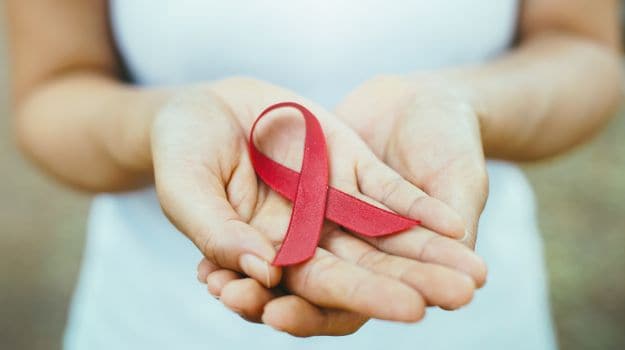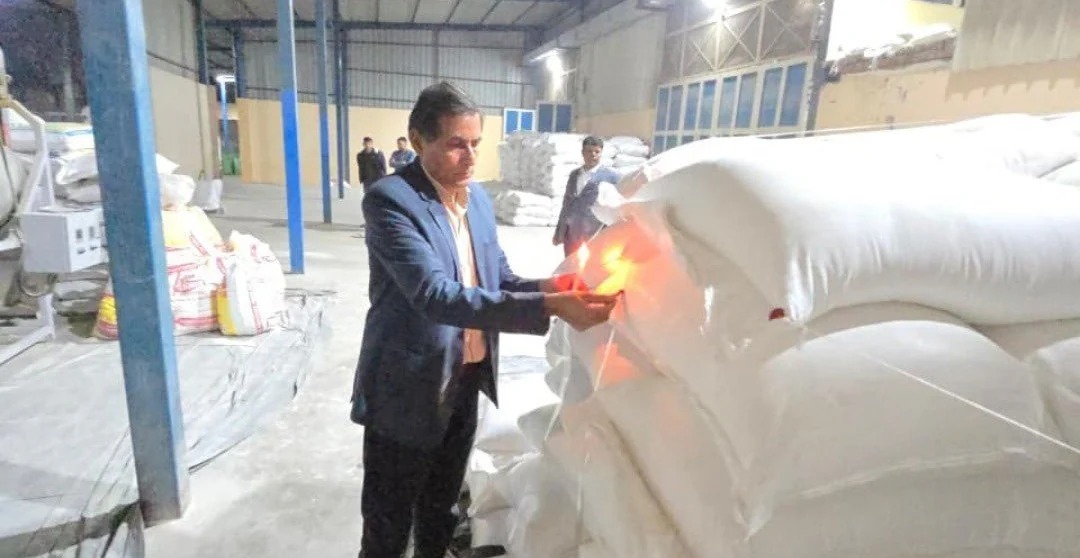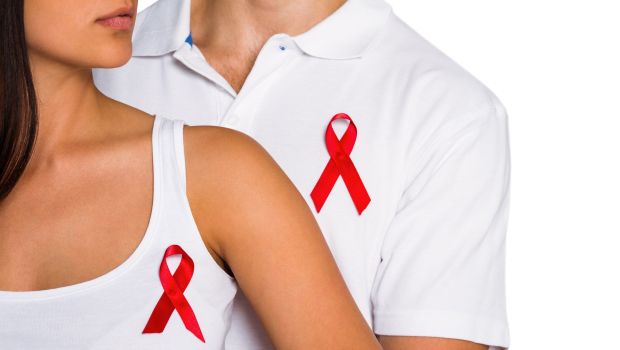The Human Immunodeficiency Virus (HIV) and Acquired Immune Deficiency Syndrome (AIDS)(Prevention and Control) Bill, 2017 has finally been passed in the Lok Sabha on 11th April, 2017. The bill was introduced to help strengthen the rights of the people who have been suffering from HIV or AIDS. India has the third largest HIV epidemic in the world. It was finally approved by the Union Cabinet, after years of deliberating, in a meeting that was chaired by Prime Minister Narendra Modi. In 2015, there were about 2.1 million people infected and living with this disease which has not found a potential cure or preventive measure yet. Despite the change in time and advancement, HIV and AIDS are still considered as a taboo in India and therefore, this new bill brings a fresh lease of hope and respite.To begin with, the Bill makes makes antiretroviral treatment a legal right of HIV/AIDS patients. Not only this, it also mentions all the several grounds on which discrimination against HIV and AIDS patients is prohibited and the rights that they can enjoy. Anyone who does not adhere to these may have to face civil as well as criminal proceedings. Here are eight important things that this new bill will impact and address.
1. The legislation prohibits discrimination against people living with, and affected by, HIV in terms of employment, admission in educational institutions education and renting a property as well as with holding of public or private office, access to insurance and the freedom of movement.2. It strictly bans unfair treatment given to people living with and affected by HIV when it comes to accessing public facilities, such as shops, restaurants, hotels, public entertainment venues, public facilities and burial grounds.3. Most importantly, the bill ensures that equal rights are given to the people affected by HIV and AIDS in getting treatment and access to good health care. 4. The Bill prohibits individuals from publishing information or advocating feelings of hatred against those who are HIV positive and even those who are living with them.(Also read: 5 Things You Must Know About HIV and AIDS)
5. The Bill has made adequate provisions to help people living with HIV or AIDS to safeguard their property rights. Every person above the age of 18 has the right to reside in a shared household and enjoy all the facilities.6. Further, no HIV test, medical treatment or research can be conducted on a person without his informed consent and no person shall be compelled to disclose his or her HIV status without their informed consent, and if required, by a court order.7. Every person in the care and custody of the State has the right to HIV prevention, testing, treatment and counselling services. The State and Central government will also facilitate access to welfare schemes especially for women and children.8. The Bill indicates that all cases related to HIV positive persons should be given priority and resolved duly ensuring confidentiality of all matters.This is the first ever law of such kind to have been passed in South Asia. According to the Sustainable Development Goals set by the United Nations, the aim is to end the epidemic by 2030.
1. The legislation prohibits discrimination against people living with, and affected by, HIV in terms of employment, admission in educational institutions education and renting a property as well as with holding of public or private office, access to insurance and the freedom of movement.2. It strictly bans unfair treatment given to people living with and affected by HIV when it comes to accessing public facilities, such as shops, restaurants, hotels, public entertainment venues, public facilities and burial grounds.3. Most importantly, the bill ensures that equal rights are given to the people affected by HIV and AIDS in getting treatment and access to good health care. 4. The Bill prohibits individuals from publishing information or advocating feelings of hatred against those who are HIV positive and even those who are living with them.(Also read: 5 Things You Must Know About HIV and AIDS)

5. The Bill has made adequate provisions to help people living with HIV or AIDS to safeguard their property rights. Every person above the age of 18 has the right to reside in a shared household and enjoy all the facilities.6. Further, no HIV test, medical treatment or research can be conducted on a person without his informed consent and no person shall be compelled to disclose his or her HIV status without their informed consent, and if required, by a court order.7. Every person in the care and custody of the State has the right to HIV prevention, testing, treatment and counselling services. The State and Central government will also facilitate access to welfare schemes especially for women and children.8. The Bill indicates that all cases related to HIV positive persons should be given priority and resolved duly ensuring confidentiality of all matters.This is the first ever law of such kind to have been passed in South Asia. According to the Sustainable Development Goals set by the United Nations, the aim is to end the epidemic by 2030.
Advertisement








